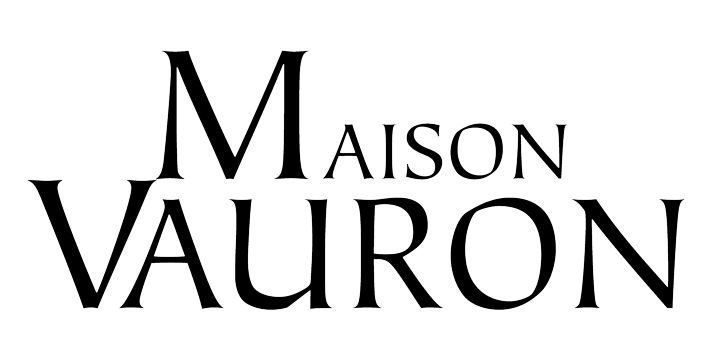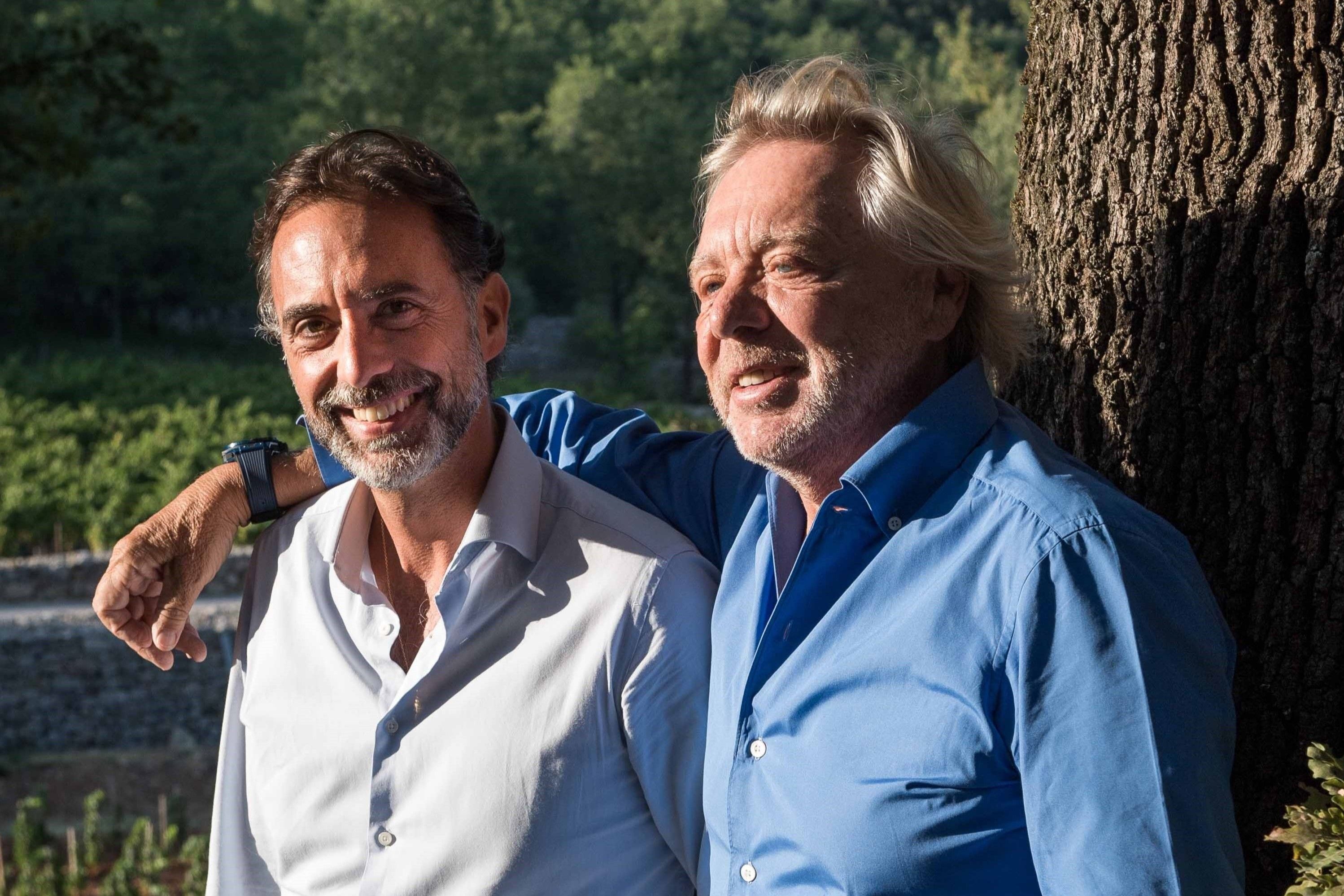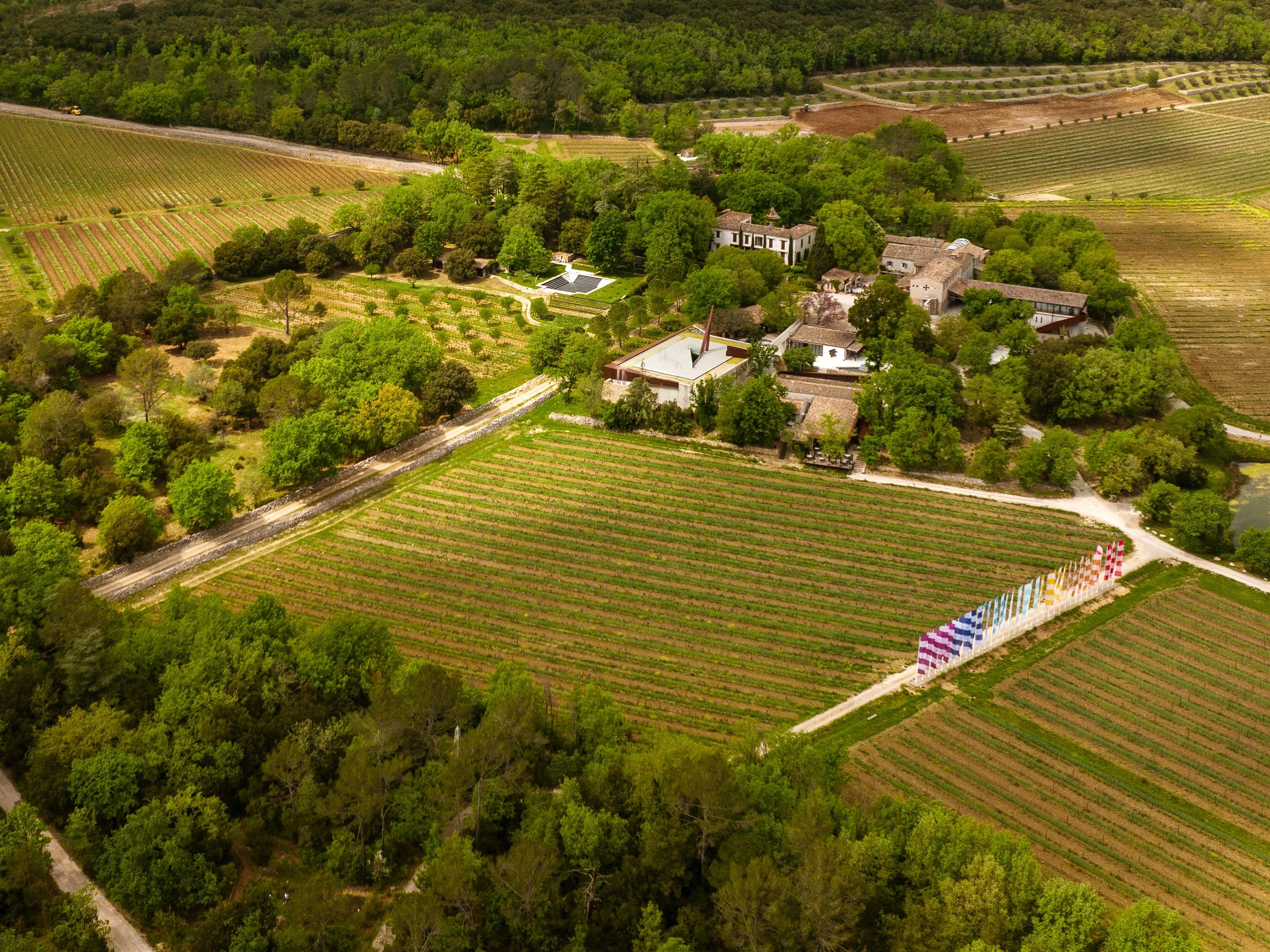Meet the Winemaker: Château Peyrassol
For over 15 years, entrepreneur and wine enthusiast Philippe Austruy has built a collection of exceptional wine estates under his group, Vignobles Austruy, which includes the renowned Château Peyrassol and Château Malescasse.
Driven by a passion for wine and a desire to elevate unique terroirs, Philippe has invested in what he calls 'sleeping beauties', breathing new life into these properties. Now, under the guidance of his nephew, Alban Cacaret, the estates have flourished, becoming known not only for their fine wines, but also for their unique history.
We recently had the pleasure of speaking with Alban, who shared his insights on preserving the estates’ legacy, creating iconic rosé wines, and navigating the evolving landscape of winemaking.
MV: Vignobles Austruy estates have long and storied histories, from Malescasse’s ties to Médoc legends to Peyrassol Templar roots. How do you ensure that these historical legacies remain vibrant in the modern era?
AC: All our estates have a deep and long history. They all have some unique terroirs, known in the world to make the greatest wines.
We are conscious about this great heritage and that’s why we decided to acquire all of them. We definitely would like to preserve them.
First the estates have been well restored in respect to their architecture but also with some touch of modernity. Then, we keep all the past memories white telling them, drawing them in our “décor”. We always comment and illustrate all the visits with this great heritage. Lastly, we take care of the wines in its whole but also of the packaging in respect to the estates’ traditions.
All our estates are always in respect to the heritage but we always give some of our family’s touches.
MV: Over the past 15 years, Philippe Austruy has been dedicated to 'awakening sleeping beauties.' How has this vision shaped your approach to managing the wine estates, and what do you believe is the key to unlocking the full potential of these historic properties?
AC: For more than 23 years now, we've been working not only to awaken but also to grow these areas. We have a long-term vision and we are committed to continuity. We never work in a hurry and we never have any certainties.
Forty hectares of Château Malescasse vineyards sit on the crest of the famous gravelly croupes. How do these natural features influence the characteristics of your wines?
Before being a Château, Malescasse is a unique place. An incredible terroir located 2 km from the estuary, exactly where the river has left this ridge of sand and pebbles. The gravel, with its good drainage, enables our Cabernet Sauvignon, Merlot and Petit Verdot to produce top-quality grapes. Planted around the Moulin de Malescasse, at the highest point in the commune, the wind also helps to ensure perfect ripeness.
MV: Rosé production at Peyrassol has become iconic, especially with direct pressing techniques. What makes your rosé wines stand out in the Provence region?
AC: Peyrassol has always produced rosés and pale rosés. For over 60 harvests, this know-how has been tested, improved and challenged. All this work has highlighted existing know-how. So our rosés are not "technological" (i.e. with ostentatious aromas) but built around an elegant, delicate blend, with evanescent, almost powdery aromas... This style is much more difficult to achieve. It begins in the vineyard. Cinsault, Grenache, Tibouren and Syrah, these Provençal grape varieties so well adapted to our terroirs, are worked with respect. In the cellar, from the arrival of the harvest to the pressing, from the control of fermentation to bottling, irreproachable care must be taken.
MV: Both wine estates are committed to sustainability, with Peyrassol recently receiving organic certification and Malescasse following sustainable practices. How do these environmental initiatives influence the quality and future of your wines?
AC: We quickly realised that making great wines was not only simple vines and a cellar, but it has to be a whole. Like a place, a nature where vines are found. Vines need the entire biodiversity to flourish around them. This gives to our wines greater precision and the best balance. By working in this way, we maintain the quality of our wines because we keep our terroirs alive.
MV: How do you envision the wine estates evolving in the next decade?
We're forced to adapt ourselves for producing wines differently. The climate is unpredictable. The climate conditions are violent. The consumers are different: they don’t drink as our grandparents did. It’s no more a daily drink but it’s more a moment to share joy, conviviality and culture.
MV: What trends do you foresee shaping the future of winemaking, and how is Vignobles Austruy adapting to these changes?
AC: New technologies, AI, drones... of course winegrowing is going to evolve and we're interested in it, but we must never forget to keep our feet in the mud in order to observe nature. We will never stray from the basics.
MV: Wine tourism is becoming more important globally. How do you ensure that guests leave with a deeper understanding and appreciation of the estates and its wines?
AC: The Templars already had this vocation at Peyrassol! And it's also a family tradition. In fact, we were among the first one to open the doors of Château Malescasse wide, far from the more secretive practices of the surrounding châteaux. Sharing with authenticity and transparency is what drives us. I think that's what our visitors are looking for: to see the real thing, to know where they are, to share traditions and know-how. Thanks to this sincerity that our visitors understand our wines, they also enjoy their stay and form a unique relationship with our estates.
MV: With your deep family connection and role as Vice President, you’ve been closely involved with the wine estates. What has been your most fulfilling experience to date?
AC: For sure, I could mention the magnificent encounters, the unsuspected emotions over a glass of wine, the memories of travel, but the most rewarding is undoubtedly being able to get back to nature, to live with the seasons, to pay attention to our terroirs.
MV: Among all your wines, which one stands out as your favourite, and why?
AC: How do I choose? Is it possible to choose? It's impossible! On the other hand, I sometimes have a soft spot for one of them for a few months at a time. Like a friend to whom you draw closer because, for no reason, he surprises you, he cheers you up, he moves you.


